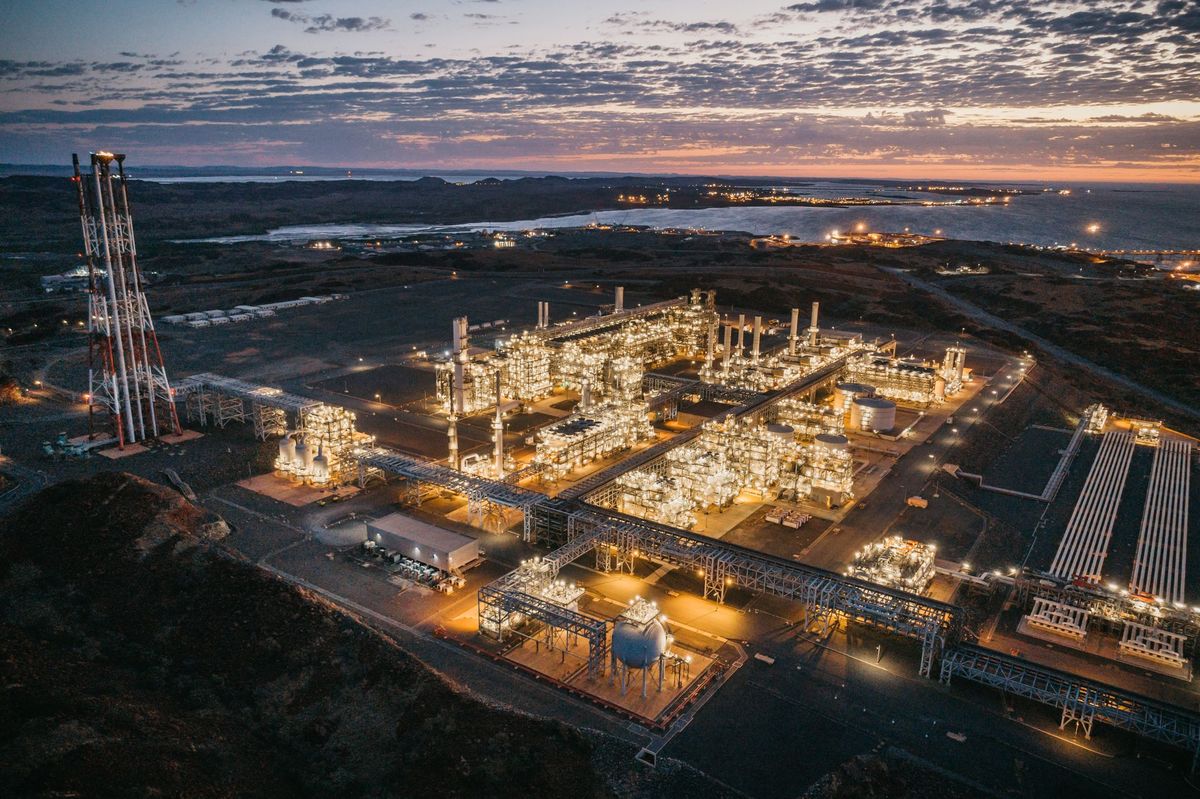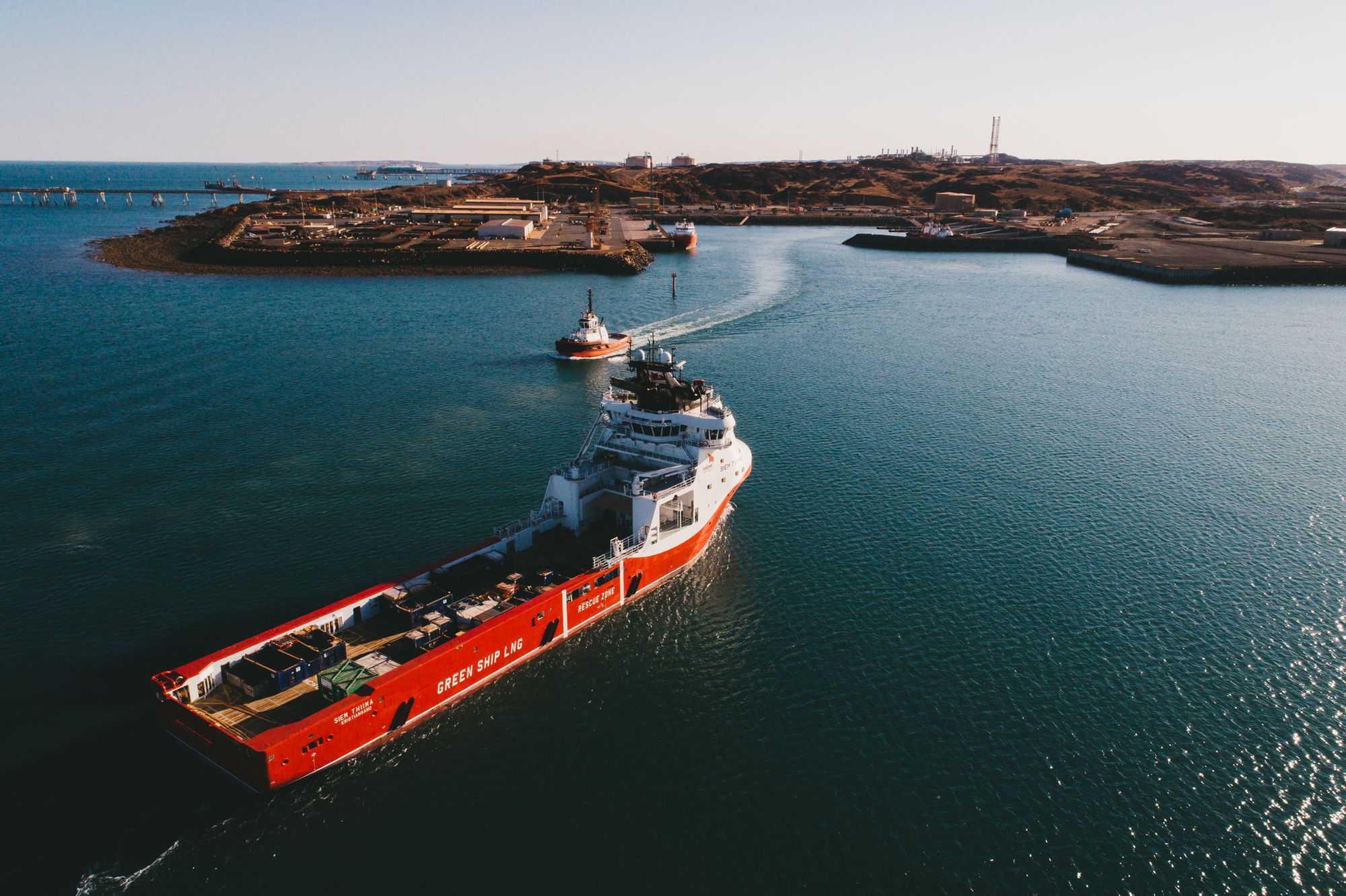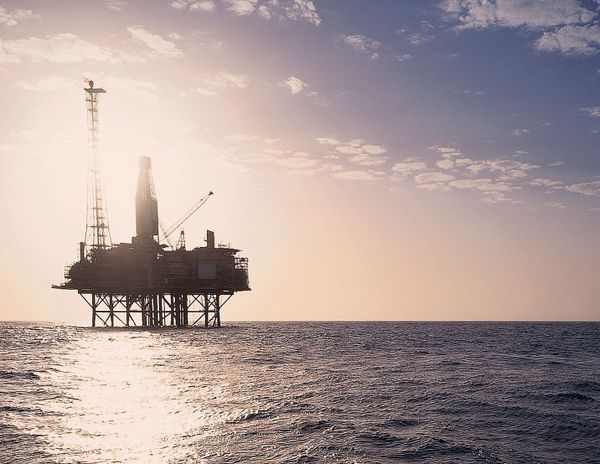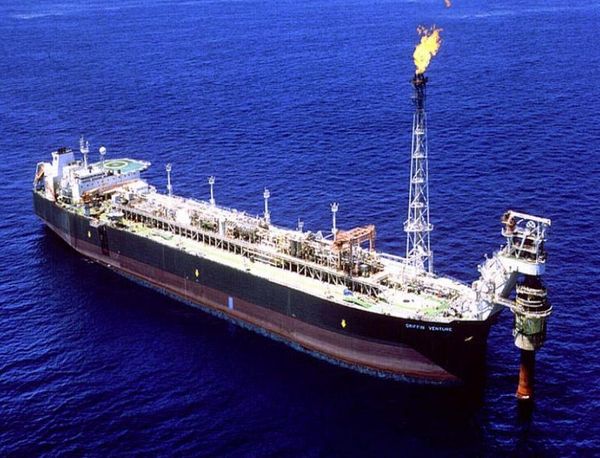WA's near useless domestic gas deal with Woodside's Pluto LNG
Woodside's Pluto LNG plant has delivered less that one per cent of its gas to WA due to a 2006 WA Government deal that appeared generous then and looks feeble now.

EXCLUSIVE
Fourteen years after Woodside and the WA Government announced a domestic gas deal for Pluto LNG its ability to deliver to WA is just a third of what is required and the total amount of gas reserved is much less than expected.
The WA policy that LNG projects must commit gas to the local market the equivalent to 15% of the LNG exported has been widely lauded as saving WA from the high gas prices and resultant high electricity process seen on the east coast.
The success, however, had little help from Pluto that after eight years of production has delivered gas to WA equivalent to less than one per cent of its LNG production.
Premier Alan Carpenter announced the Pluto gas deal in 2006:
“Woodside has agreed to market and sell the equivalent of 15 per cent of the project’s produced LNG to the WA energy market, providing it is commercially viable.
“Woodside and the State will negotiate in good faith an appropriate test of commercial viability.
“The commencement date of the commitment will occur five years after the date LNG is first exported from Pluto.”
There were immediate concerns about how concrete the deal was.
The next day opposition leader Colin Barnett in Parliament asked the Premier “Do you have a contract, and is it in writing?”
Carpenter’s response that “We have the Woodside position in writing” would have worried any contract lawyer.
A Department of Jobs, Tourism, Science and Innovation spokesperson said Woodside and the State formalised the terms in an exchange of letters, not a more conventional agreement signed by both parties.
More hot air than gas
Boiling Cold’s inquiries have confirmed doubts about the workability of the deal and raised new issues about its impact.
The JTSI spokesperson said the agreement was legally enforceable without an agreed test of commercial viability.
“The obligations in the agreement stand unless and until a test has been applied,” the spokesperson said.
Boiling Cold understands the lack of an agreed commercial viability test is to Woodside's disadvantage as it does not have an avenue to demonstrate why it should not meet its commitments.
The fact that the test has remained on the table for 14 years indicates the relationship between the State and Woodside on Pluto domestic gas may not have been harmonious or productive.
Neither Woodside or JTSI explained when asked why they have not agreed on the commercial viability test 14 years after the deal and eight years after Pluto loaded its first LNG cargo.
A Woodside spokesperson said the discussions were confidential. The JTSI spokesperson said negotiations continued on options for Woodside to meet its obligation.
That obligation did not require gas delivery for the first five years of Pluto’s LNG production.
In what will be a shock to WA industry Boiling Cold can confirm that, according to JTSI, Pluto also does not have to reserve gas for WA equivalent to 15% of the LNG exported in that first five years.
Industry left out
Boiling Cold spoke to three participants in the WA gas market who did not know that Pluto enjoyed a five-year holiday from the reservation requirement.
The result is that many gas market participants have been misinformed about the amount of gas available.
The misunderstanding shows that Governments can sometimes be better at spinning a message than delivering tangible benefits.
Boiling Cold has analysed Pluto production using data from Woodside reports and the Australian Energy Market Operator’s WA Gas Bulletin Board.
Had the 15% obligation applied to the 22.6 million tonnes of LNG Pluto exported in its first five years an additional 184 petajoules of gas would be available to WA: enough to supply the whole State for about six months.
That gas would have helped ease a tight gas market if it had been available from when Pluto started producing LNG in 2012.
State-owned energy generator and retailer Synergy signed up for gas from Gorgon in 2011 for delivery from 2015. Synergy reportedly paid “boomtime” prices as there was a lack of available gas supply at the time.
The Government’s free pass for Woodside likely resulted in higher energy bills for WA householders.
Domgas Alliance spokesperson Richard Harris said a sustainable supply of domestic gas underpinned industry and jobs in WA.
The Domgas Alliance comprises five big WA gas consumers: Alcoa, Coogee Chemicals, Fortescue Metals Group, Norwegian fertiliser giant Yara and Wesfarmers Chemicals, Energy and Fertilizers.
“Providing an exemption for gas producers looking to export LNG contributes to the lack of available supply for gas users in WA and is inconsistent with the policy’s intention,” Harris said.
Harris said the WA Government should strengthen compliance with the reservation policy and require new LNG projects to sell gas to the WA market within three years of start-up.
No way yet to deliver enough Pluto gas
Woodside’s attempts to supply Pluto gas to WA started late and have delivered little to date.
Pluto has the infrastructure in place to deliver just a third of its 115 terajoules a day domgas commitment, according to JTSI.
Woodside commissioned a small 25 terajoules a day pipeline from Pluto to the Dampier to Bunbury pipeline in December 2018. Deliveries from Pluto to the WA market to the end of March 2020 amount to about 0.5 per cent of the LNG exported since the five-year holiday expired.
Woodside opened a facility to load trucks with Pluto LNG in April 2019 that was shut down in October after equipment ruptured.
A small number of trucks were loaded before the incident, and COVID-19 has delayed a restart, according to Woodside.

Woodside’s two LNG-powered vessels, the Siem Thiima and Solstad Norman Leader, are being fuelled with LNG trucked 1500km from Wesfarmer’s Kwinana plant.
Woodside planned to increase Pluto’s domestic gas capacity to 225 TJ a day when it constructed a second LNG train to liquefy gas from the Scarborough field.
However, the Scarborough to Pluto project is now on hold due to low oil and gas prices.
The Government has asked Woodside to investigate further options to meet the remainder of its Pluto domgas commitment, including using third party infrastructure, the JTSI spokesperson said.
If the Pluto plant is not expanded Pluto gas could be sent to the adjacent North West Shelf LNG project’s domestic gas plant through a planned interconnecting pipeline.
The Woodside spokesperson said it would meet its Pluto domestic gas obligations, as agreed with the State.
Correction 4PM 5 June 2020: The lack of an agreed commercial viability test denies Woodside an opportunity to show why it should not meet its obligations. The first version of the story incorrectly stated that without a test Woodside did not have an obligation to deliver.
Main image: Pluto LNG plant. Source: Woodside Energy Ltd.




